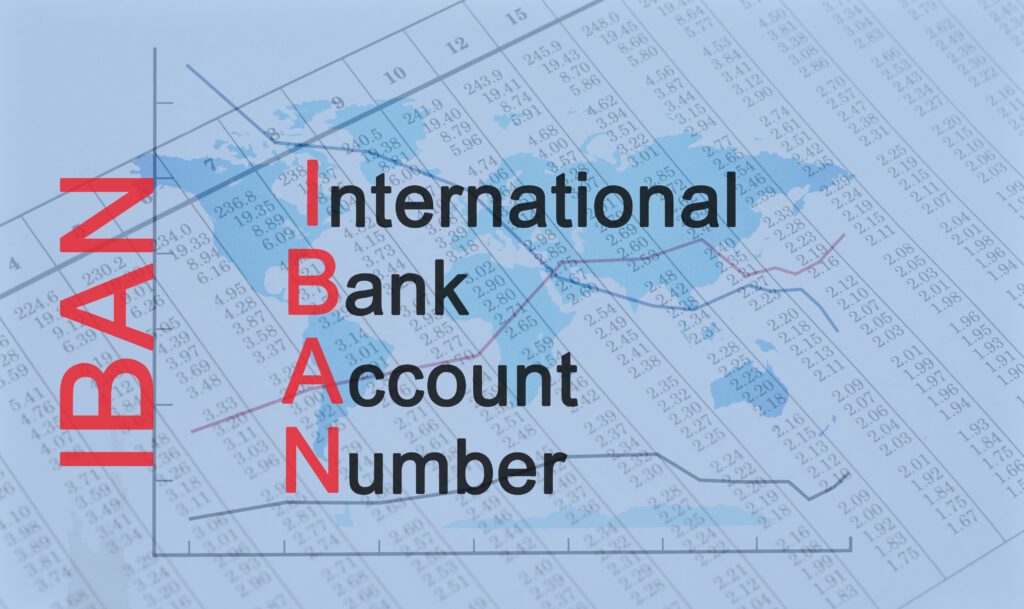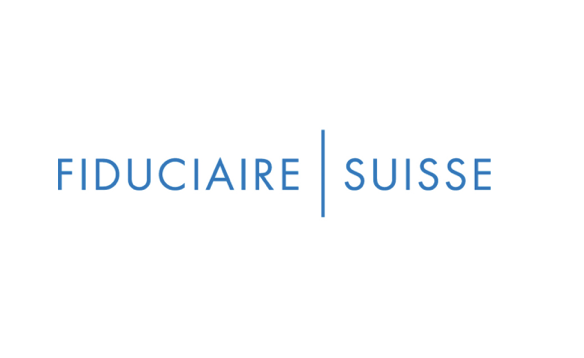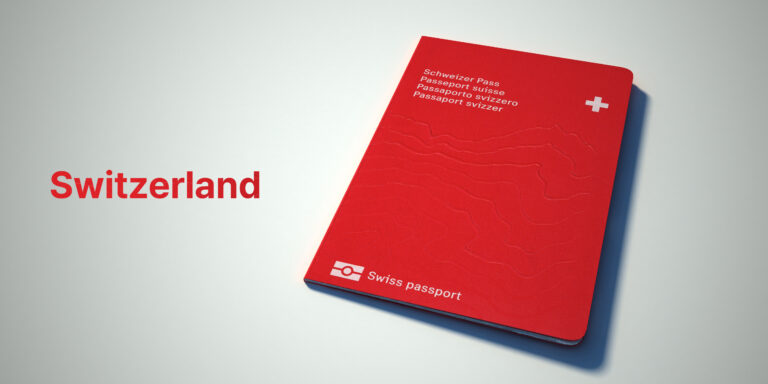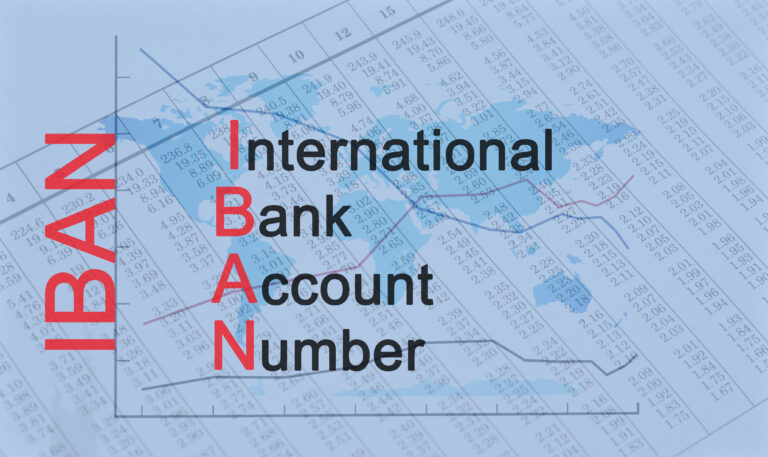Everything You Need to Know About IBANs in CHF – Switzerland
IBANs (International Bank Account Numbers) have become a cornerstone of modern banking systems. They ensure smooth and secure transactions both domestically and internationally. In Switzerland, the IBAN in CHF plays a crucial role in managing domestic and cross-border payments. This article explores the structure, use, characteristics, and standards associated with CHF IBANs.
Introduction to CHF IBANs
Since the adoption of international standards such as ISO 13616 and ISO 20022, the IBAN has become a unique and standardized identifier for bank accounts. In Switzerland, this tool is used for payments in CHF and other currencies, simplifying financial exchanges. But how does an IBAN work in Switzerland, and what are its specifics?
-
Structure of the CHF IBAN
A Swiss IBAN (IBAN in CHF – Switzerland) consists of 21 characters structured as follows:
CHkk BBBB BCCC CCCC CCCC C
- CH: Indicates the country of origin (Switzerland, ISO 3166-1 alpha-2 code).
- kk: Check digits (two digits calculated using the Modulo 97 algorithm).
- BBBB: Bank code (Swiss Clearing Number, unique to each banking institution).
- BCCC CCCC CCCC CCCC C: Bank account number formatted by the bank.
Example: CH93 0076 2011 6238 5295 7
-
Use of CHF IBANs
Domestic Payments
Since 2020, the IBAN has been mandatory for all domestic transactions in Switzerland. This requirement was strengthened with the introduction of QR invoices, which replaced traditional payment slips. This harmonization has made CHF payments faster and more secure.
International Payments
For cross-border payments, the IBAN is used in combination with the BIC (Bank Identifier Code) or SWIFT Code of the bank. These identifiers ensure that funds reach the correct recipient.
Multi-Currency Accounts
A Swiss IBAN can be associated with multi-currency accounts. This means the same IBAN can handle transactions in CHF, EUR, or other currencies, depending on the account settings.
-
IBAN in CHF – Switzerland – Validation
IBAN validation is based on the following criteria:
- Length: A Swiss IBAN must be exactly 21 characters long.
- Check Digits: The check digits (kk) are verified using the Modulo 97 algorithm.
- Validation Tools: Many online tools can verify the validity of an IBAN by identifying the associated bank and its structure.
- Specific Features of CHF IBANs
Fixed Length
All Swiss IBANs have a standard length of 21 characters, which distinguishes them from those of other countries, where length may vary.
SEPA Compatibility
Although the Swiss franc is not a SEPA (Single Euro Payments Area) currency, Swiss IBANs can be used for SEPA payments in EUR, provided the bank is part of the SEPA network.
QR Invoices
The QR invoices introduced in Switzerland include a QR IBAN, a specific type of IBAN that starts with “30000” and is used for structured references in payments.
-
Standards Associated with IBAN in CHF – Switzerland
ISO 13616
This standard defines the global structure of the IBAN, enabling its universal use.
ISO 20022
Adopted by Switzerland, this standard streamlines electronic payment formats, particularly for transfers and QR invoices.
International Harmonization
The IBAN ensures the compatibility of Swiss banking systems with international practices, facilitating cross-border transactions.
CHF IBANs represent more than just a banking identifier. They embody significant advancements in managing financial transactions, offering security, precision, and efficiency. Whether for a local payment or an international transfer, the IBAN ensures a seamless user experience compliant with international standards. In Switzerland, the IBAN is now indispensable in an ever-evolving banking environment. For businesses and individuals, understanding its structure and use is crucial to fully leveraging this tool.
RISTER – Fiduciary in Geneva offers comprehensive and personalized support for opening bank accounts as part of Swiss business creation. With expertise in taxation, banking regulations, and administrative management, RISTER simplifies the often complex process of opening professional accounts in Switzerland. The team works closely with leading Swiss banks to identify the institutions best suited to each company’s specific needs, whether for startups, SMEs, or international structures. In addition to assisting with the preparation of required documents (articles of association, identity proofs, business plans, etc.), RISTER ensures the process complies with local and international requirements, guaranteeing the swift and efficient setup of bank accounts to support business operations.












